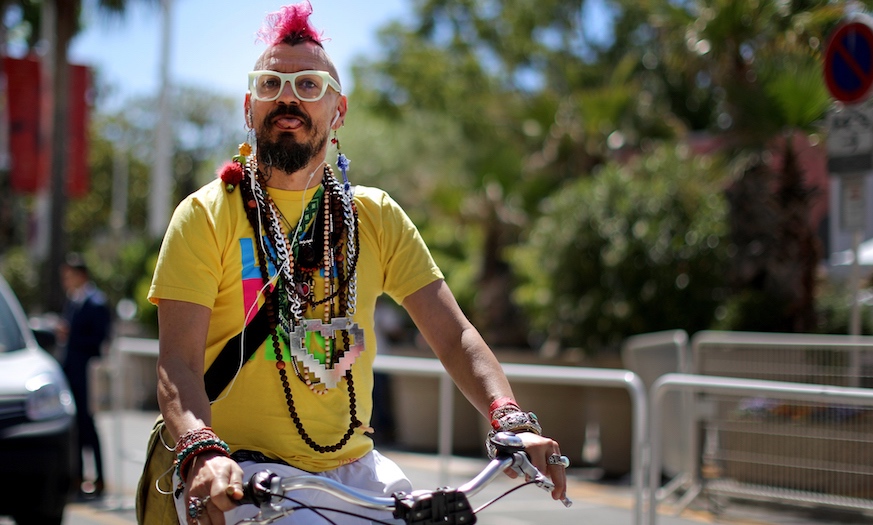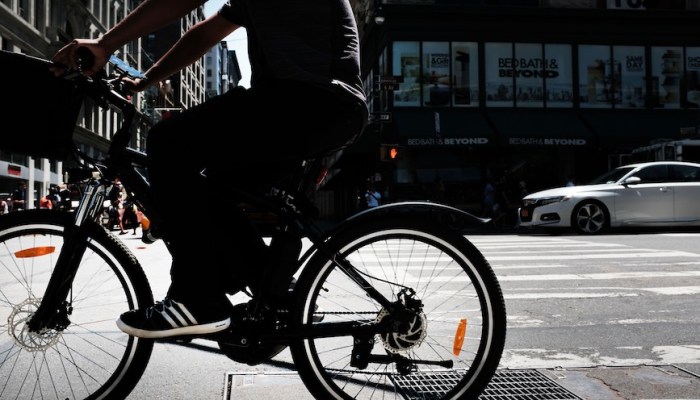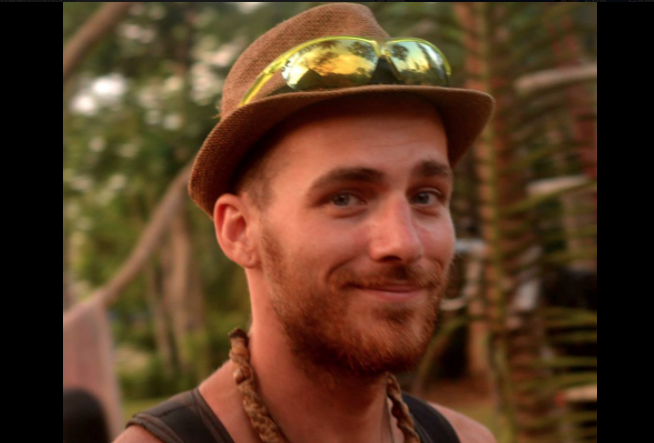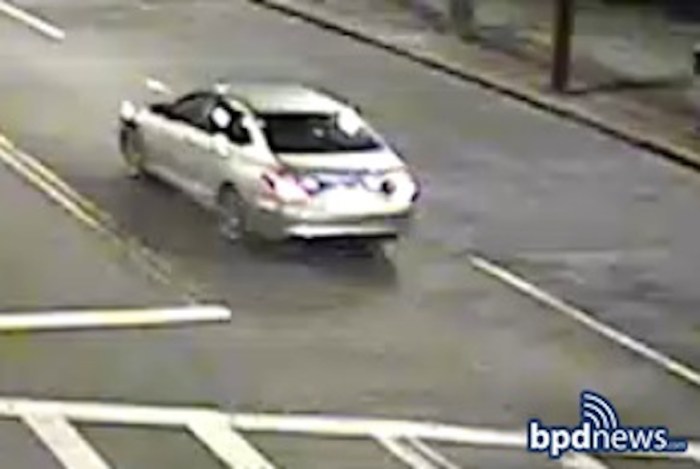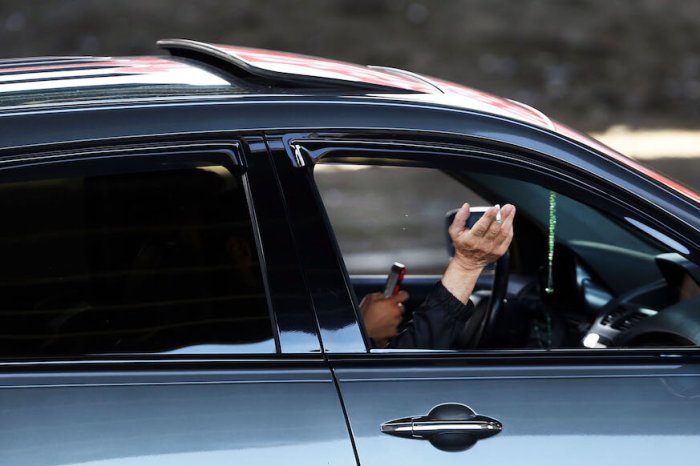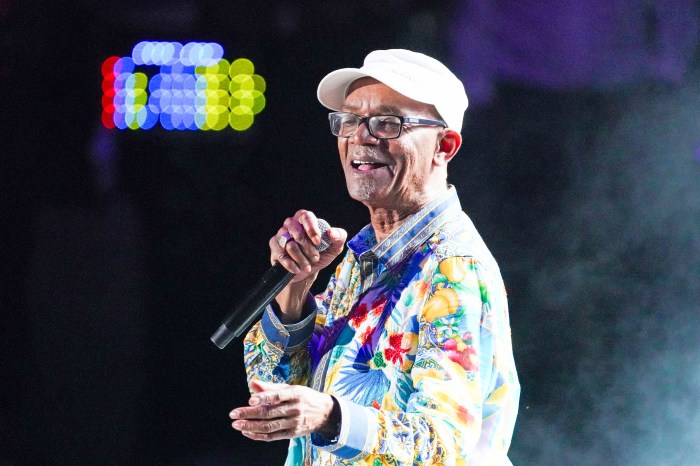For running a hyper-specific event like the Bicycle Film Festival, Brendt Barbur doesn’t actually have an agenda.
“We’re not anti-car,” he explains. “We just want people to be inspired to ride their bikes.”
Now in its 17th year (and expanded to 85 cities around the world), the Bicycle Film Festival returns to Manhattan from June 20-25 with six days of live music, exhibits, a vegetarian edition of the Hester Street Fair (a first for the festival) and, of course, tons of films, including a new program of animated shorts.
This year’s headliner is a two-night stint by the band Blonde Redhead and a chamber ensemble at Brooklyn’s San Damiano Mission performing a live score for 1977’s “A Sunday in Hell,” considered the greatest cycling film ever.
“It follows the Paris-Rubaix race, Barbur explains. “Americans don’t really know about it because Lance [Armstrong] didn’t do it, but what we see in this film is an incredible access to the riders, which you wouldn’t have today.”
The fest spans all aspects of cycling, from people just learning to pedal to professionals like BMX racers, with over 50 short and feature-length films from 25 countries. You’ll get to ride along with women in developing countries, activists working to bring biking to Charleston, and New York City the day after the 2016 presidential election. All screenings take place at Anthology Film Archives.
Having enough high-quality animated entries to make them part of the festival was a treat for Barbur. Celebrated animator Lucinda Schreiber curated the selections, which examine how cycling differs in various cities (“Bike Portraits”), a feature about the new king of the Tour de France, Chris Froome (“Yellow”) and the Oscar-winning tear-jerker “Father and Daughter.”
On Sunday, unwind at the BFF Street Party, a celebration of green living that includes a vegetarian food market, plus a pop-up pump track to show off your moves and bicycle vendors.
All events (except the fair) are individually ticketed, or spring for an all-access pass for $43.
Barbur was inspired to start the festival in an unlikely way. He was hit by a bus while riding his bike on Third Avenue back in 2000 — but the experience made him “want to do something really positive about cycling,” he says.
Enthusiasm is what drives (pedals?) the event — Barbur fields ideas from artists, filmmakers and the general cycling community to shape the programming.
If the festival does have a mission, it’s to create a mystique around cycling and further broader goals like sustainable travel.
“Surfing had so much beautiful imagery around it, and so much of its mythology comes from that,” says Barbur, whereas cycling remains consigned to a more utilitarian realm.
“I didn’t want to get political, but this is something that’s incredibly beautiful and so positive in ways beyond [protecting] the environment. People who ride bikes are part of the solution to the way we should be living.”

